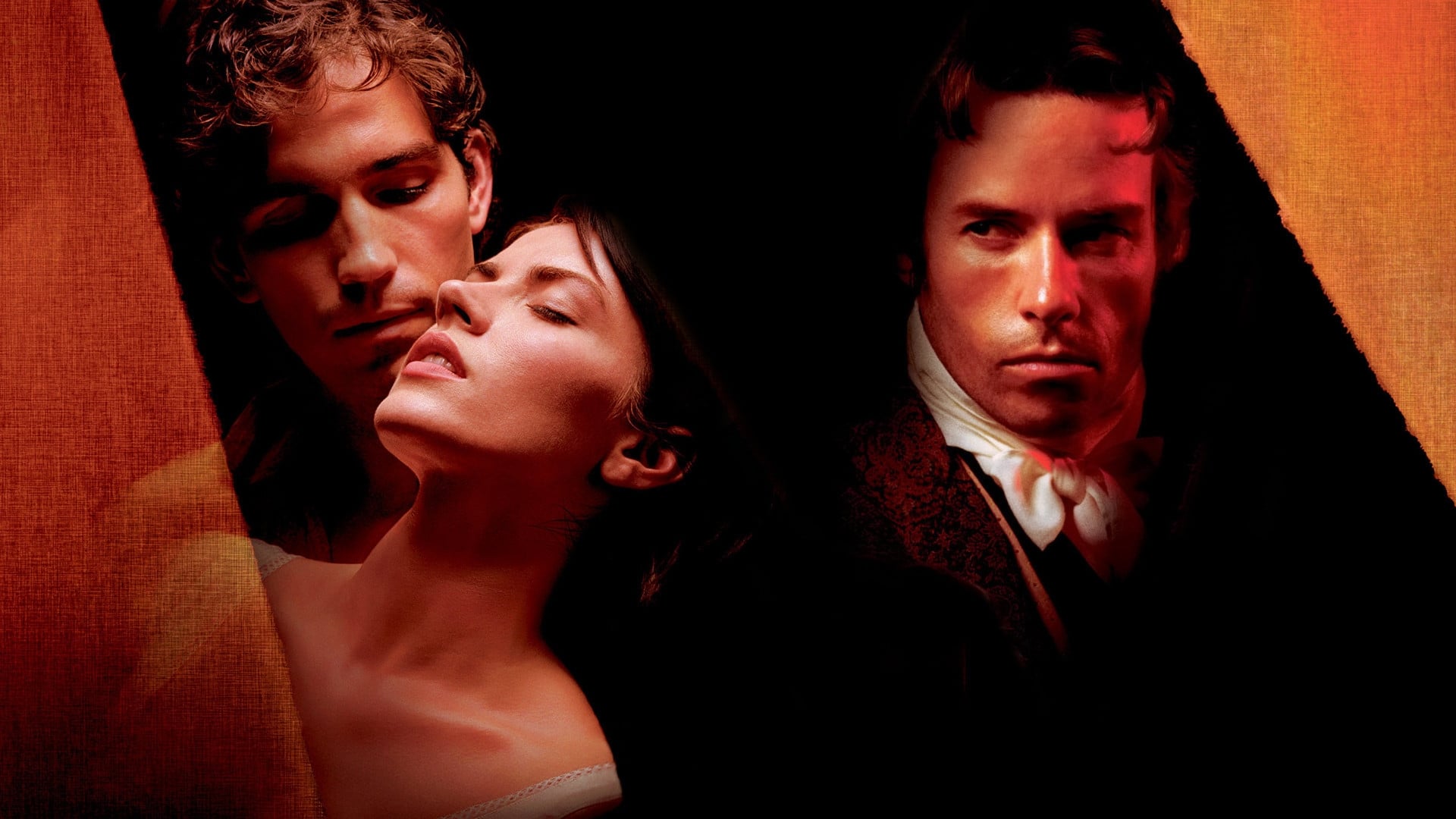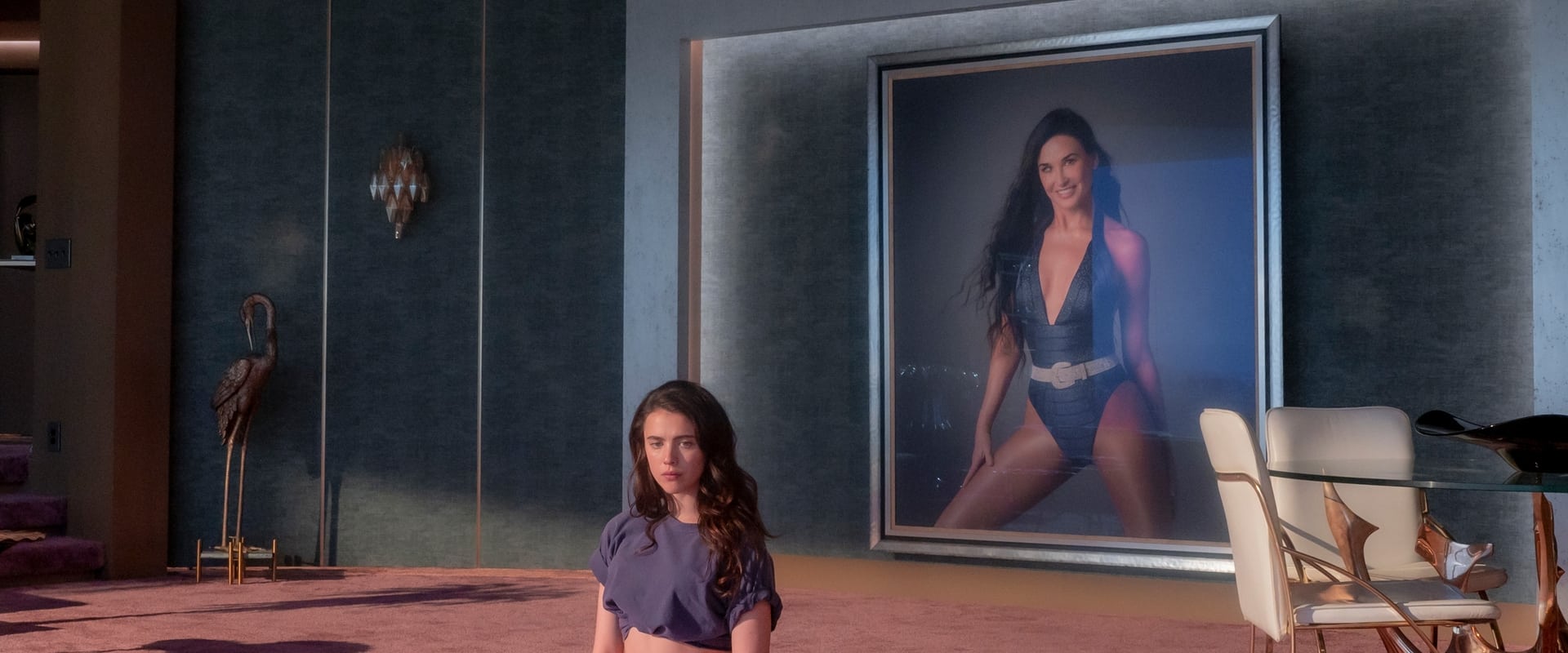There’s something almost indecent about the joy with which Kevin Reynolds’s 2002 The Count of Monte Cristo throws open the trapdoor on Dumas’s enduring chest of treasure. It’s not just an adaptation—it’s a swashbuckler, a cocktail of innocence and cold revenge shaken so hard that pearls of melodrama practically fly into the audience’s lap. Where so many literary adaptations settle for stagy reverence, Reynolds, with a wink and a hot air balloon, sweeps you into a storybook France that can’t quite remember if it’s in 1840 or a theme park in Orlando. And for two hours, you’re grateful for the confusion.
The contrast with 2024’s Count of Monte Cristo is—well, let’s not mince words—a little like swapping Technicolor for charcoal. The new film plants its flag in “psychological depth” and “visual spectacle,” those critic-bait terms, but you can feel it sweating to convince us we’re finally seeing inside Dantés’s ruined soul. It’s historically plush, serious as a tomb, and determinedly adult—a Count for the age of prestige television and Prozac. The balloon is firmly tethered to the ground here; spectacle, yes, but never at the expense of solemnity.
And yet, back in 2002, Jim Caviezel makes Dantés his own—a naïve puppy at the beginning, all clear eyes and sunburned hope, who is then battered, spit-shined, and emerges, horrifyingly transformed, as the Count—a man swaddled in sorrow and ripped open by that grand, bloodthirsty engine: revenge. Caviezel’s elastic face becomes a barometer for the journey: open and delicate at first, flickering with despair in the watery dark of prison (you believe he’s been hollowed out), then growing taut, sharp, almost cruel. He moves through the role with a kind of saintly masochism, letting the audience into every subtle agony and later, every calculating glance. At his best, he channels the suffering of the unjustly wronged with such high drama you almost want to tousle his hair and offer him a drink.
There’s a marvel of physicality here—Caviezel’s body knows he’s not the same boy who staggered into Château d’If. Post-prison, he’s all coiled muscle and predator’s grace. If revenge movies are operas of transformation, his arc is handled with the conviction of a man who has measured despair spoon by spoon. He communicates so much by simply being still, by letting the camera see the knots of pain and calculation, without ever lapsing into showy method-actor contortion.
If Caviezel gives us the soul, Luis Guzmán snatches away the gloom. Jacopo, that salty dog sidekick, is more than comic relief—he’s the movie’s drought-busting rainstorm, an everyday man who manages to be both loyal servant and radiant buddy-cop. Guzmán’s Jacopo is as vital as air after so much stifling prison rot: the kind of friend who brings not just a knife but a joke to your duel. Scenes with Caviezel and Guzmán crackle; their rapport is the unexpected treasure that keeps the movie from sinking under its own misery. You sense their friendship, you root for it, and, for once, you believe in a hero who actually needs a companion.
Fast-forward to 2024 and—poof. Jacopo isn’t a comrade but a well-tailored footnote: present, loyal, but drained of color and consequence. Something essential is missing—call it camaraderie, call it heart. We’re left with the Count, all alone on his pile of psychological insight, with barely a hand to slap his back.
And what a spectacle the older film gives us: that hot air balloon entrance, as mad and perfectly unnecessary as sprinkles on a sundae, is the kind of cinematic flourish you’re embarrassed to love but can’t stop grinning about. It’s not just a plot device—it’s an exclamation point delivered by a director unafraid to color outside the historical lines. The 2024 film, meanwhile, treats its visuals like hallowed museum pieces: yes, it’s lush and pretty, but you long for a whiff of madness, a dash of cinematic anarchy.
Let us raise a glass, too, to Henry Cavill—yes, that Henry Cavill, years before he acquired the gravitas of a stubbled Superman. In 2002, he’s all glossed lips and dewy cheeks, a mantelpiece cherub unwittingly future-proofed for meme culture. He pops up as a slender reminder that even icons must start somewhere—and if he looks like he wandered in from a boy band audition, well, isn’t that a welcome shot of vanity in a sea of sorrow?
But it’s Richard Harris who grants the film its soul. The instant he appears—wise, battered, with that weary Dumbledore twinkle—he delivers what might be the film’s necessary benediction. Faria is not just another grizzled mentor; with Harris, he’s a mourner, a father confessor, a magician whose only wand is wisdom. The film, by letting us bask in Harris’s melancholy, gives Dantés a guide through hell who feels earned, not merely scripted. Compare this to the frostier mentor of the 2024 version: by losing Harris’s warmth, you lose something deeply human—the sense that intelligence can be handed down, torch-like, from suffering to suffering.
Both films claim to wrestle with Dumas’s big ideas—revenge, redemption, betrayal, and the sweet ache of justice. But their textures are oppositional. 2002 plays love and heartbreak in ripe, full chords, grand enough to be mistaken for a romance novel’s fever dream; 2024 digs through the psychology of vengeance, pausing over every grim epiphany and haunted stare, and dares us to look away.
Where does this leave us? The 2002 Monte Cristo is a giddy, operatic affair—by turns as light as meringue, then dragging us into despair, before bursting out into a sunshine ending you’re not sure you deserve but are happy to take. The newer film—beautiful, yes, and moodier than a thousand artsy Instagram reels—proffers something frostier, determined that our hero’s journey end in darkness. Is one approach truer? Only if you want your Dumas with a side of self-flagellation.
Let’s not pretend: I’ll take a battered balloon and a teary-eyed Caviezel over another muted meditation on pain. Both movies have their place, but only one sends you home lighter, happier for having believed—even for a moment—that revenge need not poison us forever. In a world infatuated with anguish, the 2002 Count has the nerve to offer redemption and a twinkle. Now that’s the kind of escapism even Dantés might crack a smile for.


